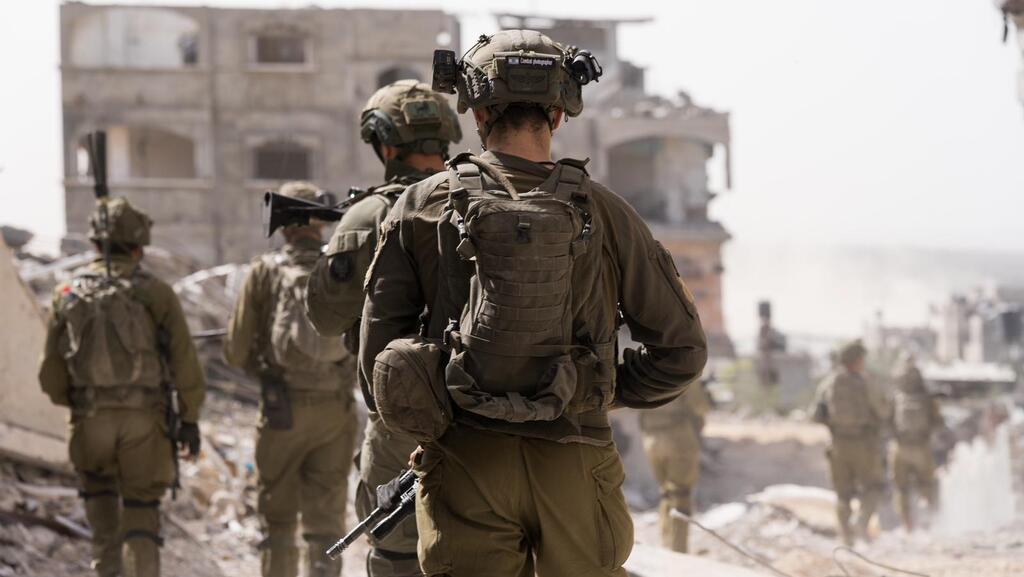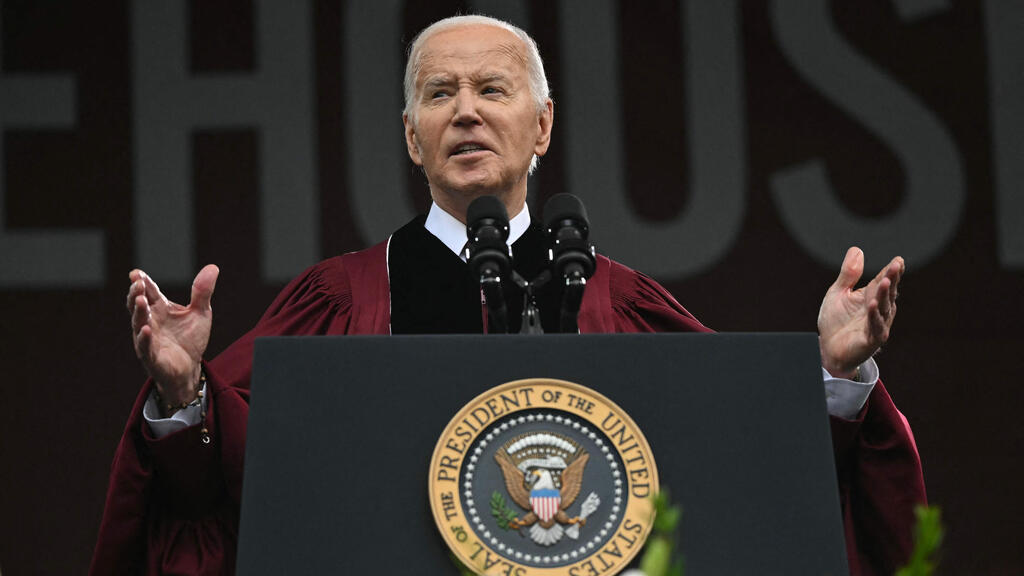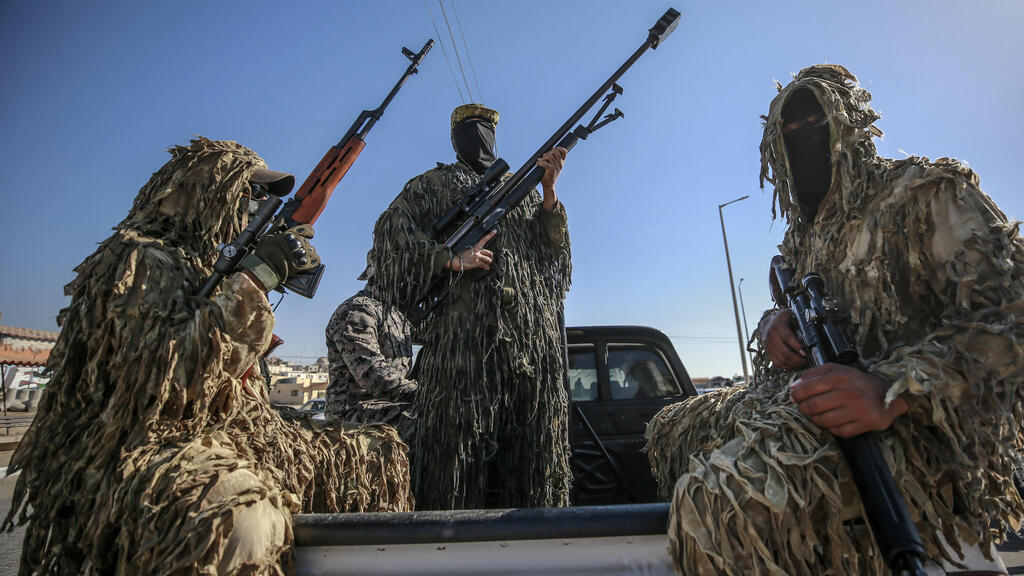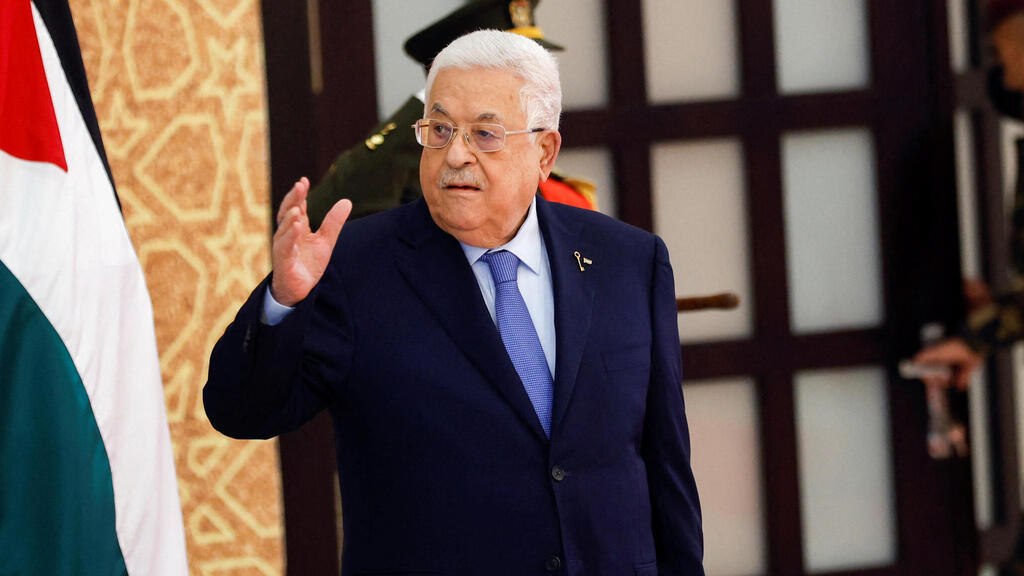While Israel has announced that it will not remain in the Gaza Strip come the end of the war, and Prime Minister Benjamin Netanyahu did not give in to pressure from groups that wish to see Israel re-settle the territory, Jerusalem must nevertheless beware of being sucked into a prolonged stay in Gaza and the subsequent need to take responsibility for the welfare of its residents.
Israel would thus be well advised to find a body to rule Gaza the "day after" the withdrawal of the IDF, or alternatively to prepare for a political vacuum that generates favorable ground for the return of Hamas or other hostile actors.
The U.S. and the international community disagree the destruction of Hamas' military power as an opportunity for the Palestinian Authority (PA) to take the reins in Gaza after it was forcibly expelled by Hamas in 2007. The Prime Minister Netanyahu disagrees.
Israel's interest in Gaza is to prevent Hamas from regaining control of the Strip in order to restore Israeli deterrence and reduce the potential for terrorism from Gaza. This requires preserving the IDF's freedom of action, which depends on a certain degree of international legitimacy. Therefore, an understanding with the U.S. on this issue is desirable.
The Israeli opposition to the introduction of the PA, which supports terrorism, is understandable, but in the absence of better alternatives, the American whim should be considered positively.
The expectation that the day after the fall of Hamas rule in Gaza, a new regime based on the territory’s dignitaries can emerge and that it will be capable of maintaining law and order, preventing the re-emergence of terrorist groups, and thereby eliminating the Israeli need for military freedom of action in Gaza is not realistic. We have already seen that initial Israeli attempts in this direction ended in the murder of Gazan dignitaries by Hamas.
An international trustee regime, United Nations forces, inter-Arab forces, or units from Western countries (on the problematic assumption that they will agree to come) would all take care of their survival first and prefer to turn a blind eye to terrorist organizations whose goal is to harm Israel. Israel's experience with international forces is dire. Their effectiveness in preventing terrorism is limited. They either disappear when needed or interfere with IDF operations. Peacekeepers are also a source of tension with the countries that send their troops.
A sympathetic American attitude towards Israel is particularly important, especially when its weapons depots are empty and need to be replenished at the end of the war. Israel will also need U.S. support if it wants to initiate a large-scale attack on Hezbollah. Moreover, all Israel needs to say to please Washington is that it will examine the possibility of introducing the PA after it becomes a "revitalized PA" in accordance with the American vision.
Palestinian Authority and military freedom
The Palestinian Authority's abilities and desire to defend Israel are notorious. However, one should try to duplicate during "the day after" the freedom of military action that the IDF has in the territories of the PA (which can be seen as anchored in the Oslo Accords).
The PA also has an interest in preventing the strengthening of Hamas in the Palestinian arena. This is the cornerstone of security cooperation with Israel. Just as in the West Bank, it is the IDF that will have to do most of the work in Gaza, and one should not expect too much resistance from the PA.
The fear that handing over Gaza will help the Palestinian national movement build a state is baseless. The Palestinians have no ability to establish a state, the basic characteristic of which is a monopoly on the use of force, i.e., one army without militias. The PA has failed in this matter.
Even Hamas in Gaza does not have a monopoly on the use of force because Palestinian Islamic Jihad operates next to it, and there are also armed clans. Most likely, the PA will develop into an Arab state similar to Iraq, Syria, Yemen, Sudan or Libya, which are beleaguered by civil wars. With no prospects for the development of a peace-loving Palestinian state alongside Israel, the weakness and inefficiency of the PA is an advantage for Israel.
It is unlikely that the corrupt and ineffective PA will function better in Gaza than it does in the West Bank. Perhaps some of the substantial amounts of money that will go to the reconstruction of the Gaza Strip will trickle down to Gazans.
In all probability the PA will fail in Gaza in all respects. Another failure of the Palestinian national movement is a mixed blessing for Israel. Perhaps the inevitable failure will convince a part of the world, most of whom do not understand that the Middle East lives in a different time zone, that this is a failed movement that does not deserve support.
In exchange for the removal of opposition to PA rule in Gaza, Israel should demand that the U.S. enter into negotiations to build indicators for what a "revitalized PA" means. In addition, it should insist on the creation of buffer zones under its military control in the north of the Gaza Strip (to keep Gaza away from the Israeli areas along the border) and in the south (to reduce smuggling into Gaza from Sinai).
These buffer zones and a strip parallel to the security barrier along the border should become killing zones to prevent access to Israeli targets.
 Prof. Efraim Inbar
Prof. Efraim InbarThe withdrawal of the IDF from Gaza can become a bargaining position to achieve desired understandings with the U.S. Washington for its part will not want to see the IDF leave Gaza in chaos. The U.S. needs Israeli cooperation in its Quixotic attempt to create stability and abundance in Gaza.
Israel should not oppose the American diplomatic efforts, even though it is clear that after the complete withdrawal of the IDF, Israel will have to continue "mowing the Gazan grass."
Prof. Efraim Inbar is the president of the Jerusalem Institute for Strategy and Security (JISS) and head of the Program for Strategy, Diplomacy and Security at the Shalem Academic Center.






